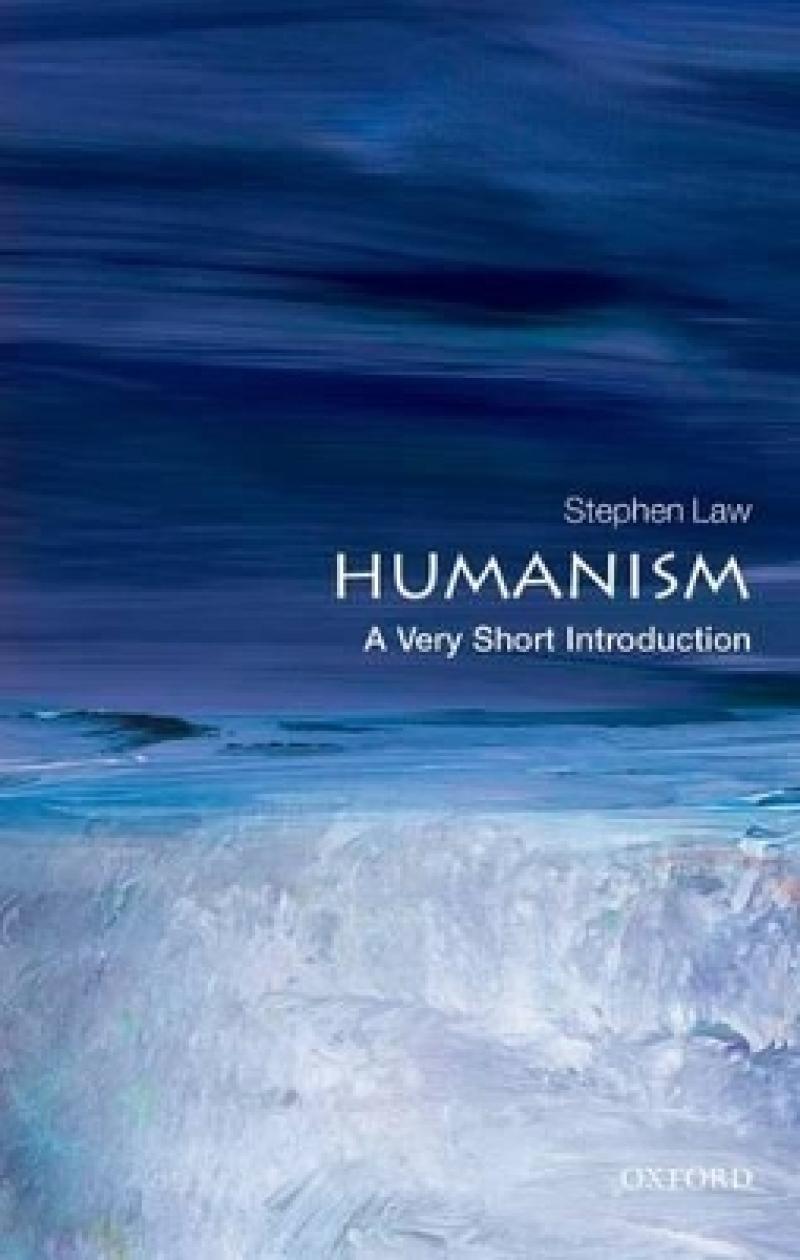Religion is currently gaining a much higher profile. The number of faith schools is increasingly, and religious points of view are being aired more frequently in the media. As religion's profile rises, those who reject religion, including humanists, often find themselves misunderstood, and occasionally misrepresented.
Stephen Law explores how humanism uses science and reason to make sense of the world, looking at how it encourages individual moral responsibility and shows that life can have meaning without religion. Challenging some of the common misconceptions, he seeks to dispute the claims that atheism and humanism are 'faith positions' and that without God there can be no morality and our lives are left without purpose.
Looking at the history of humanism and its development as a philosophical alternative, he examines the arguments for and against the existence of God, and explores the role humanism plays in moral and secular societies, as well as in moral and religious education. Using humanism to determine the meaning of life, he shows that there is a positive alternative to traditional religious belief.
ABOUT THE SERIES: The Very Short Introductions series from Oxford University Press contains hundreds of titles in almost every subject area. These pocket-sized books are the perfect way to get ahead in a new subject quickly. Our expert authors combine facts, analysis, perspective, new ideas, and enthusiasm to make interesting and challenging topics highly readable.
Les mer
What is humanism? Can there be morality without God? Without religion, are our lives left without meaning? Stephen Law considers all these questions in this Very Short Introduction. Discussing the arguments for and against religious belief, and examining the value and meaning of life, he explores humanism as a positive alternative to religion.
Les mer
Introduction ; 1. The history of humanism ; 2. Arguments for the existence of God ; 3. An argument against the existence of God ; 4. Humanism and morality ; 5. Humanism and secularism ; 6. Humanism and moral and religious education ; 7. The meaning of life ; 8. Humanist ceremonies
Les mer
Explores humanism as a positive alternative to religion
Examines the history of humanism as a movement up to the present day
Looks at the role of humanist ceremonies and humanist views on education
Considers the importance of a secular society
Explores the idea of leading a purposeful and meaningful life without religion
Les mer
Stephen Law is a Senior Lecturer in Philosophy at Heythrop College, University of London. He has written many books including several popular philosophy titles including The Philosophy Gym (Headline, 2003), Companion Guide to Philosophy (Dorling Kindersley, 2007), and Greatest Philosophers (Quercus, 2008). He is also the Editor of THINK, the journal of the Royal Institute of Philosophy.
Les mer
Explores humanism as a positive alternative to religion
Examines the history of humanism as a movement up to the present day
Looks at the role of humanist ceremonies and humanist views on education
Considers the importance of a secular society
Explores the idea of leading a purposeful and meaningful life without religion
Les mer
Produktdetaljer
ISBN
9780199553648
Publisert
2011
Utgiver
Vendor
Oxford University Press
Vekt
132 gr
Høyde
174 mm
Bredde
112 mm
Dybde
10 mm
Aldersnivå
G, 01
Språk
Product language
Engelsk
Format
Product format
Heftet
Antall sider
176
Forfatter
